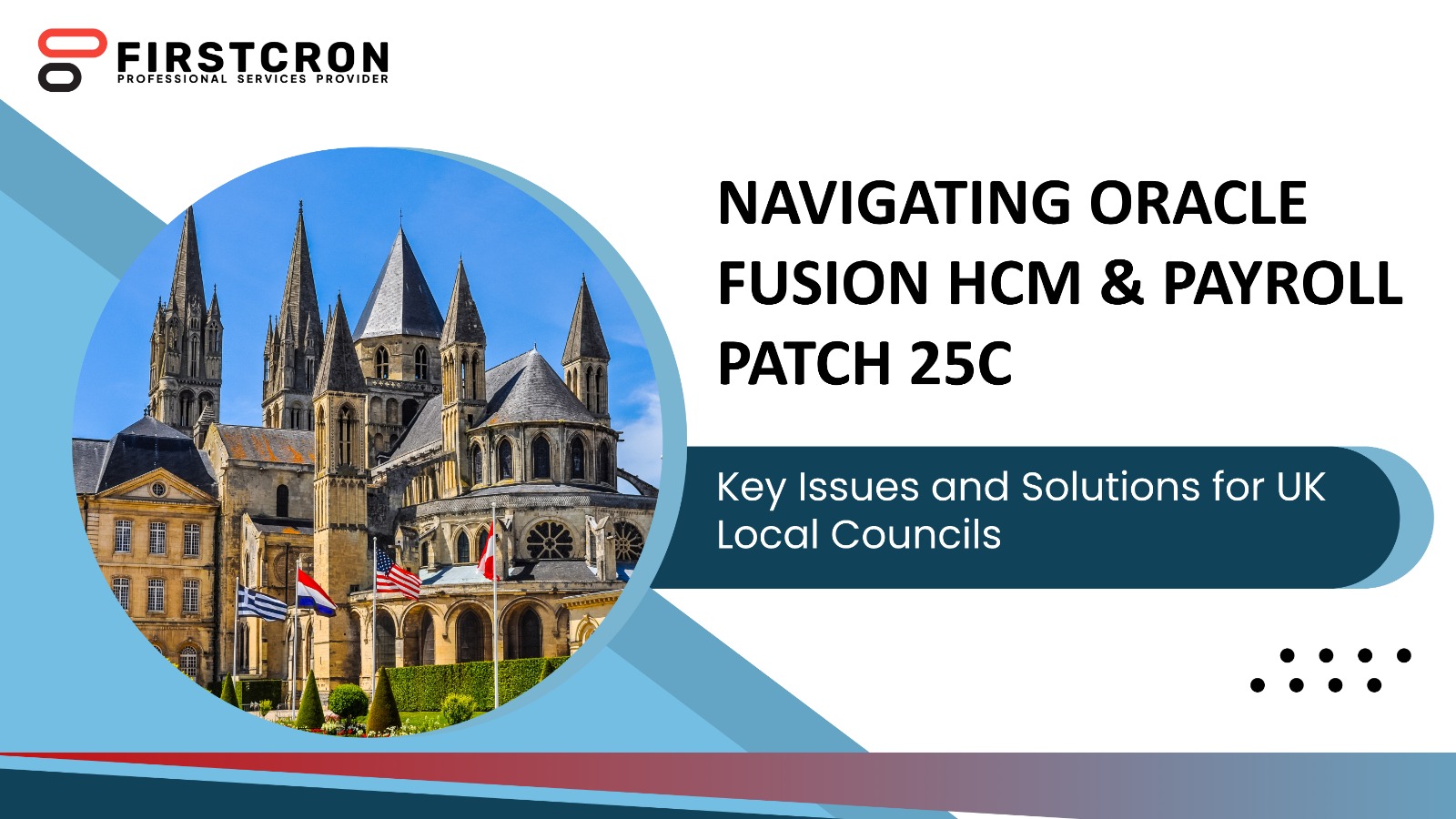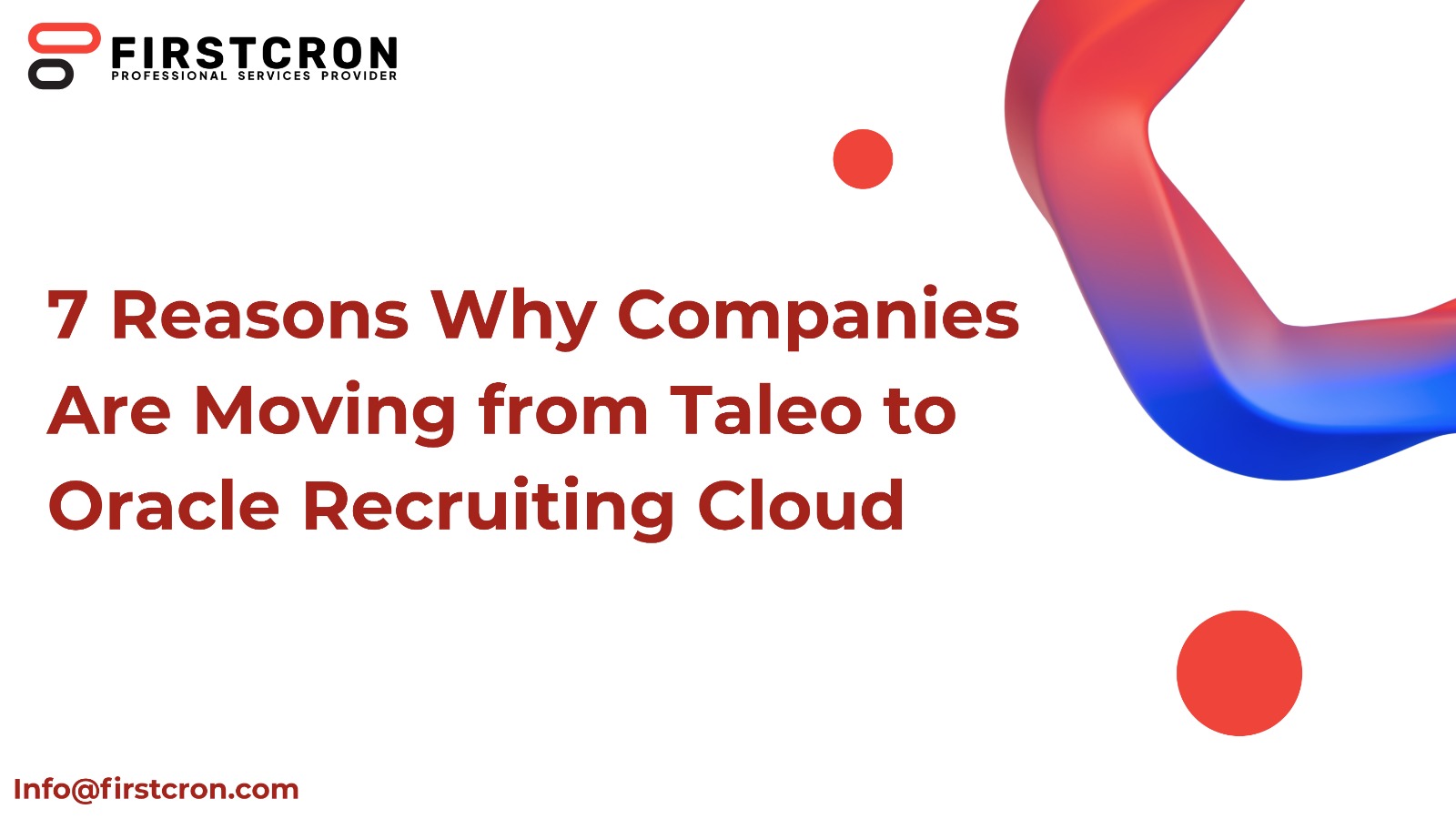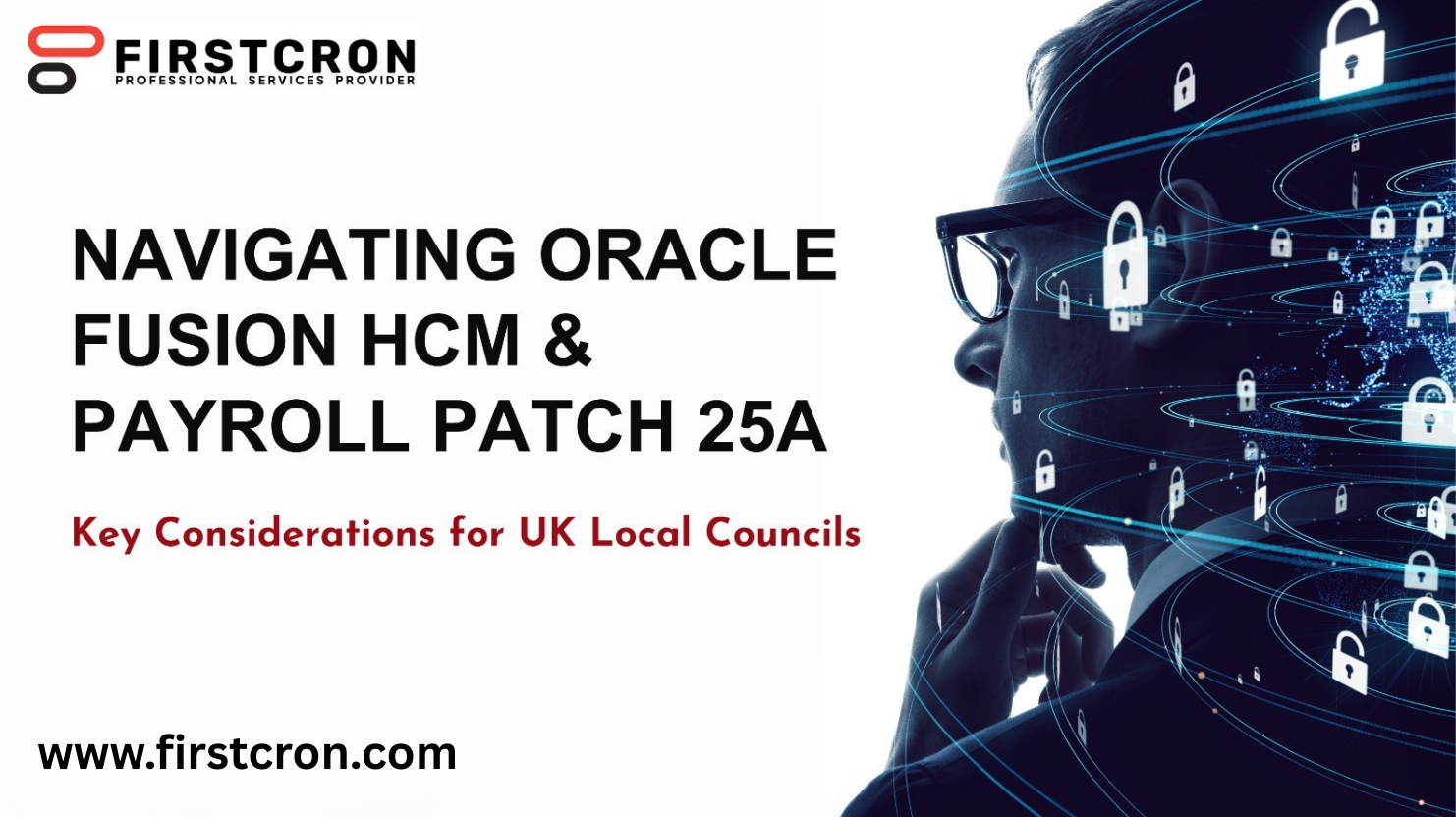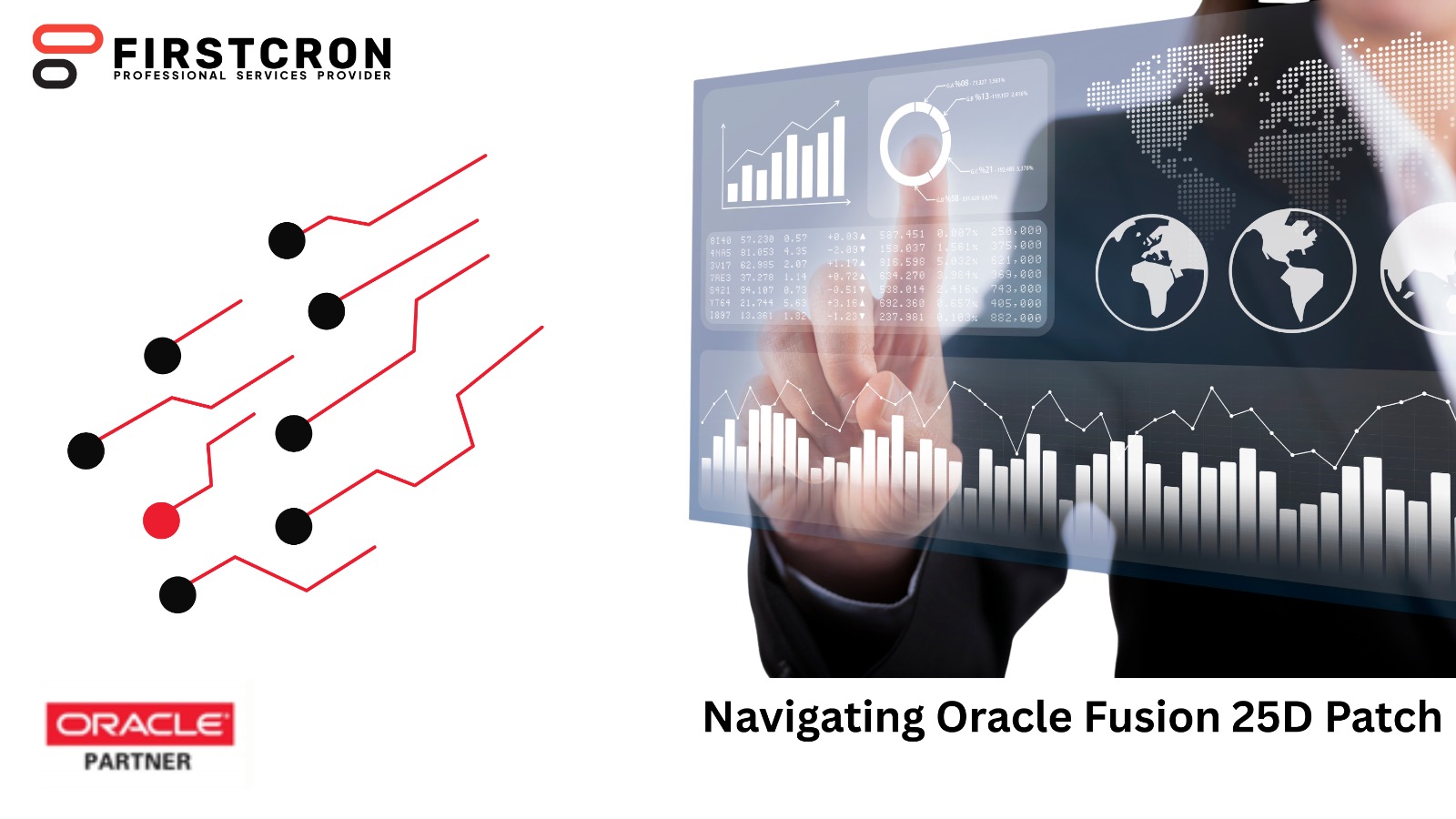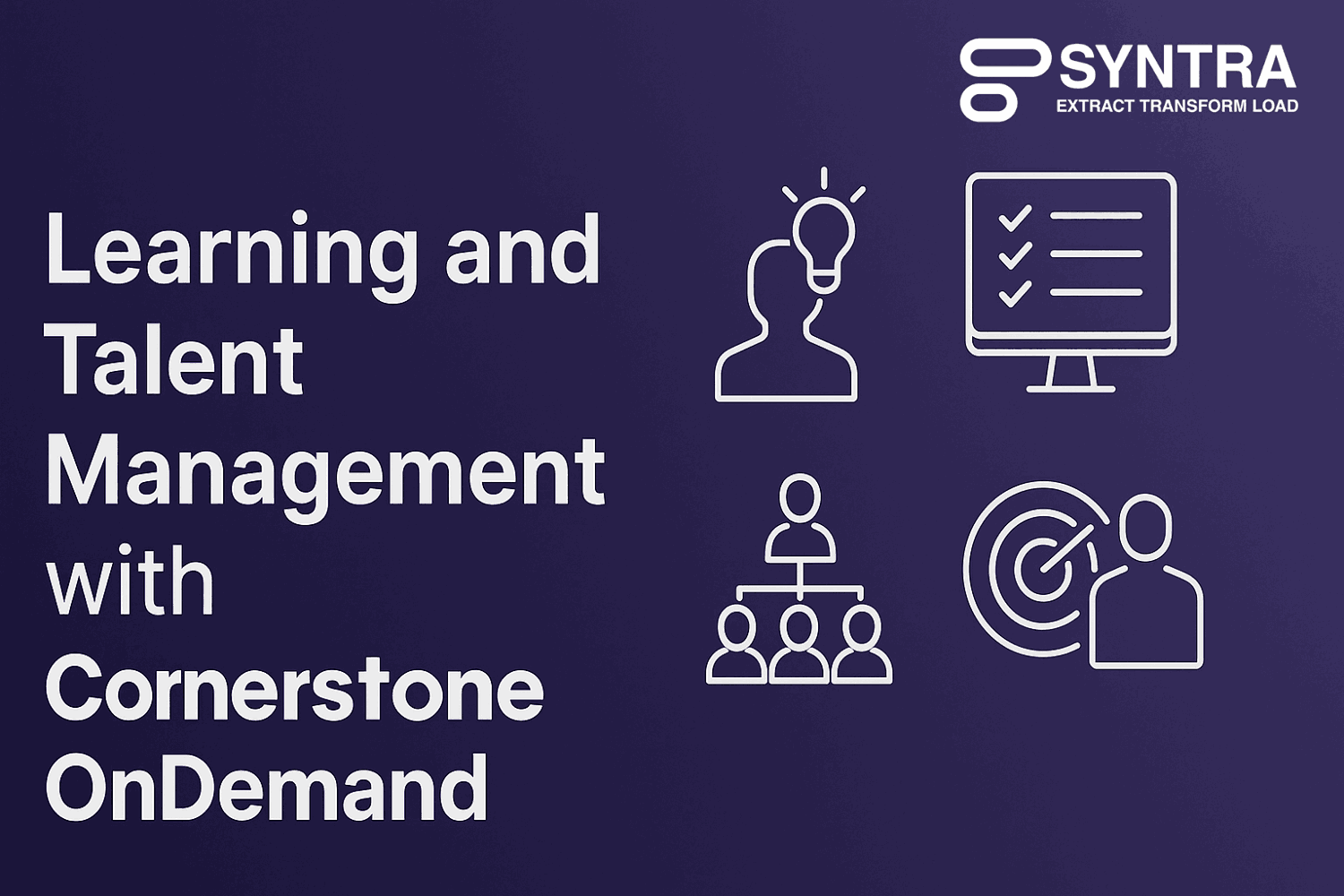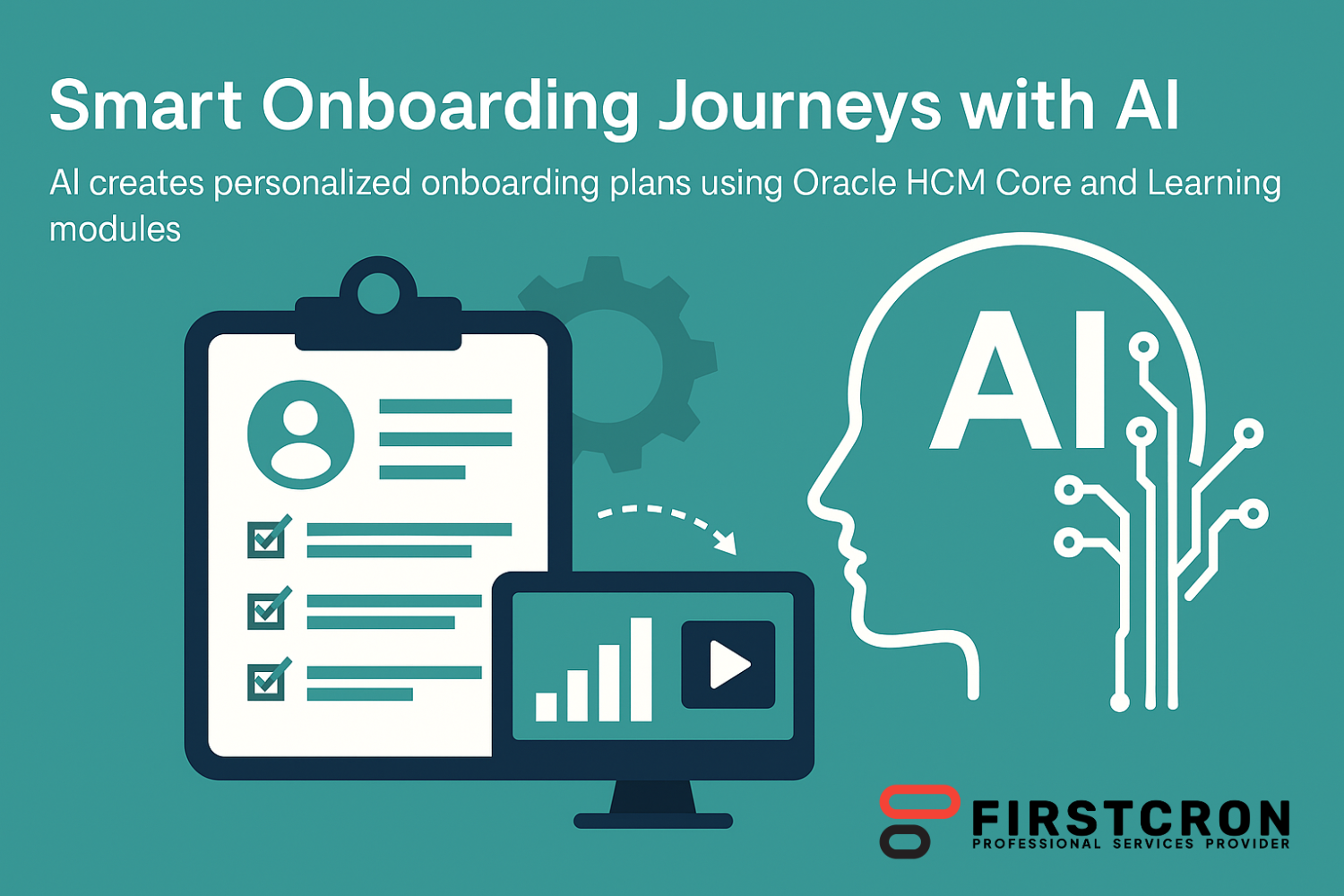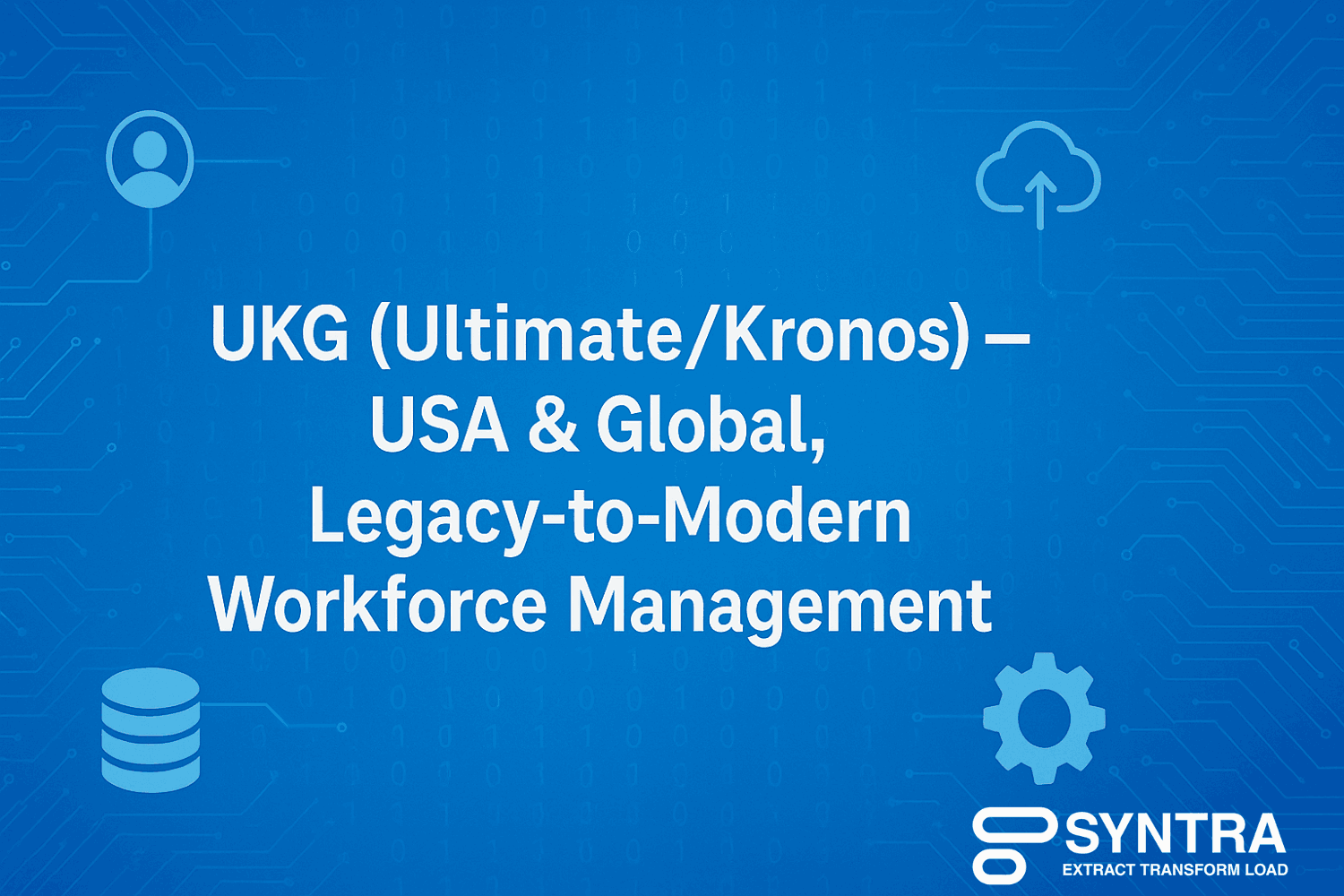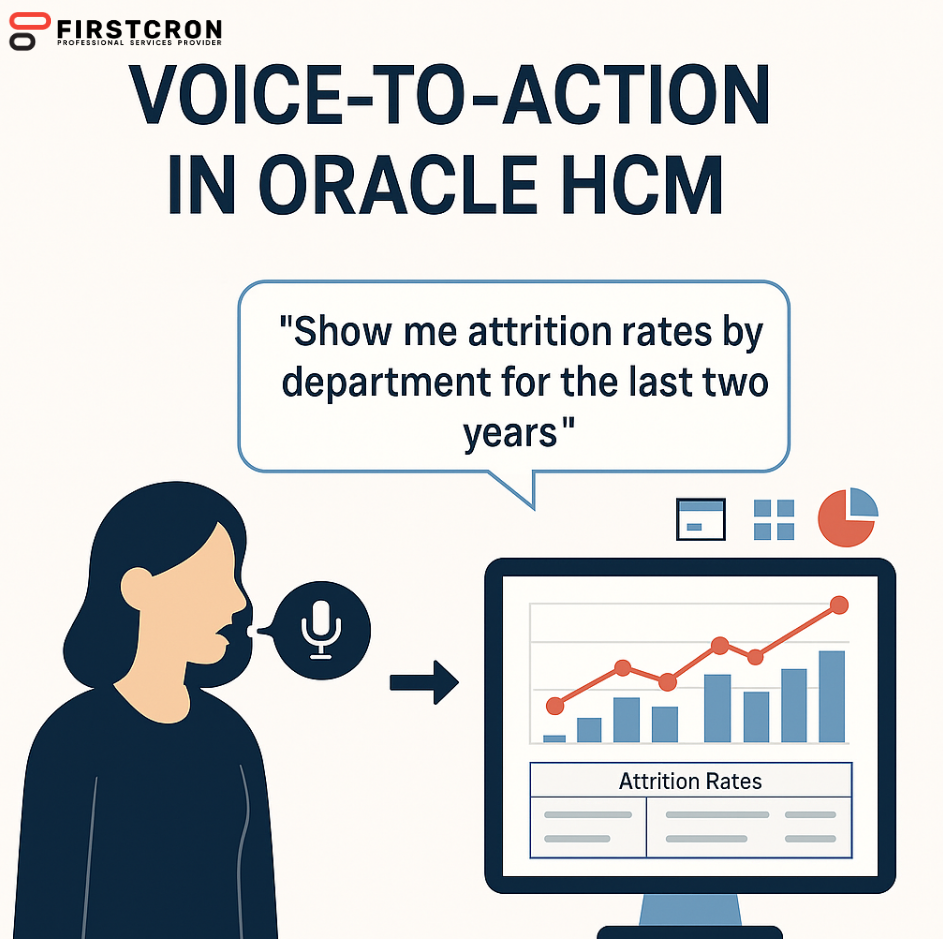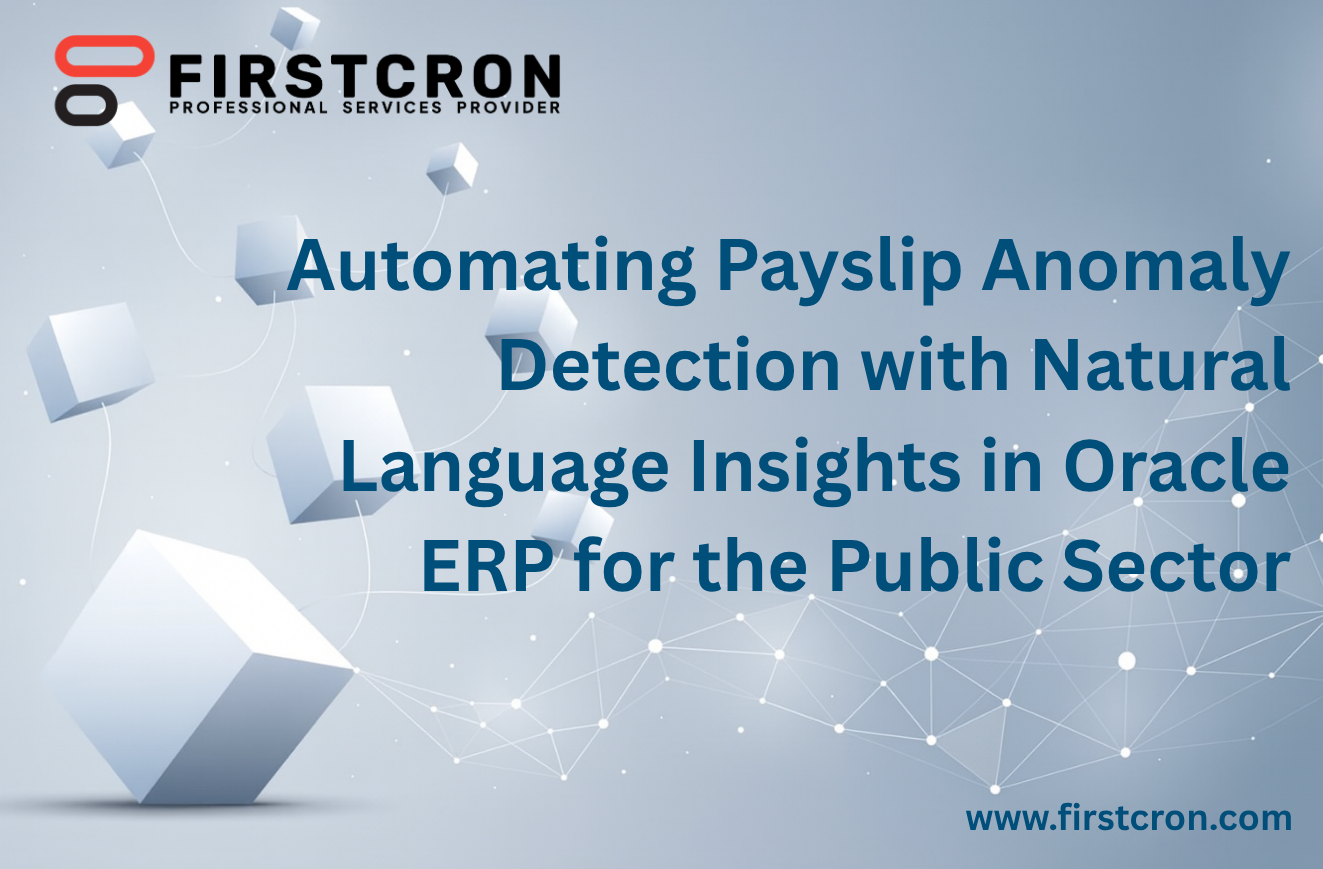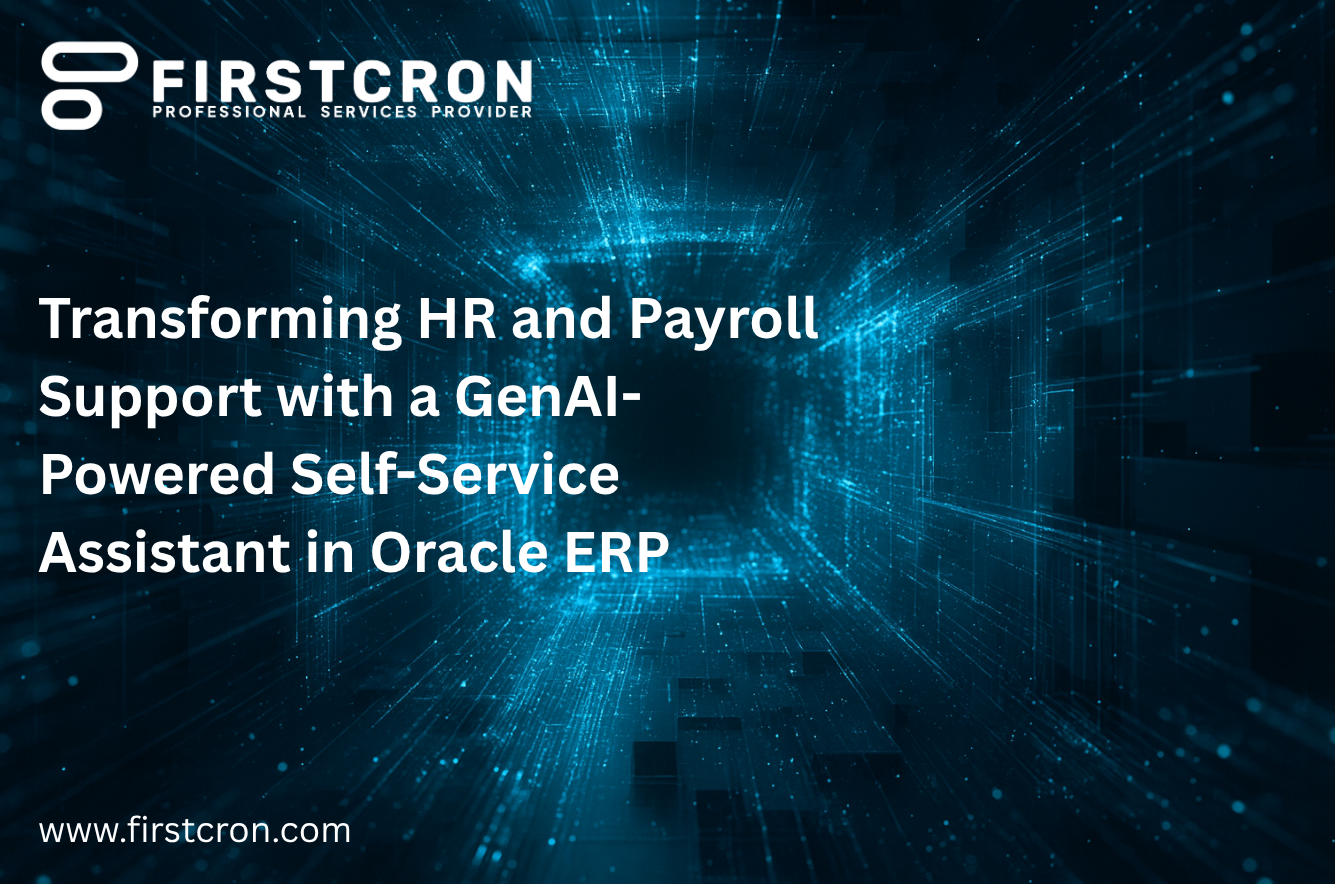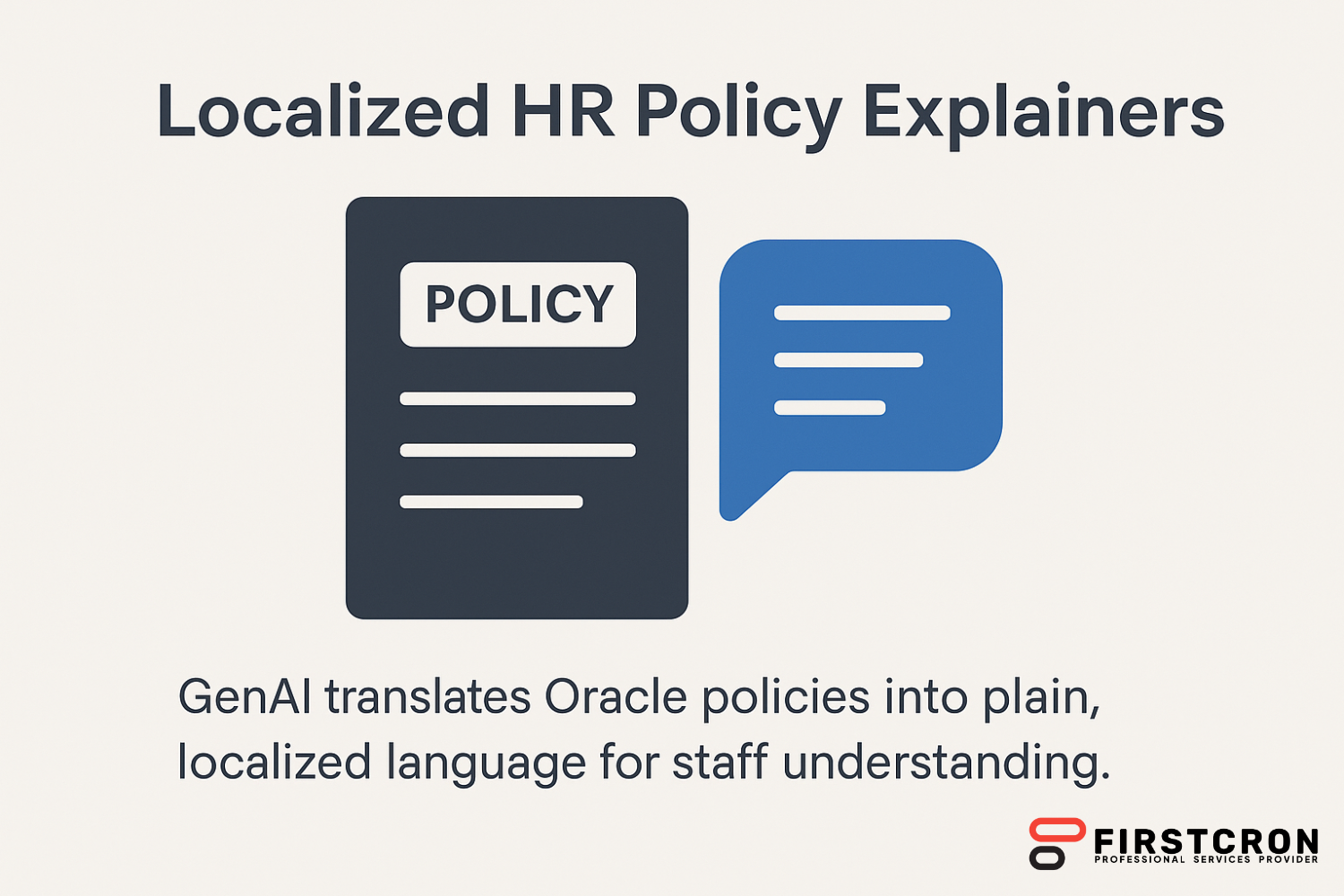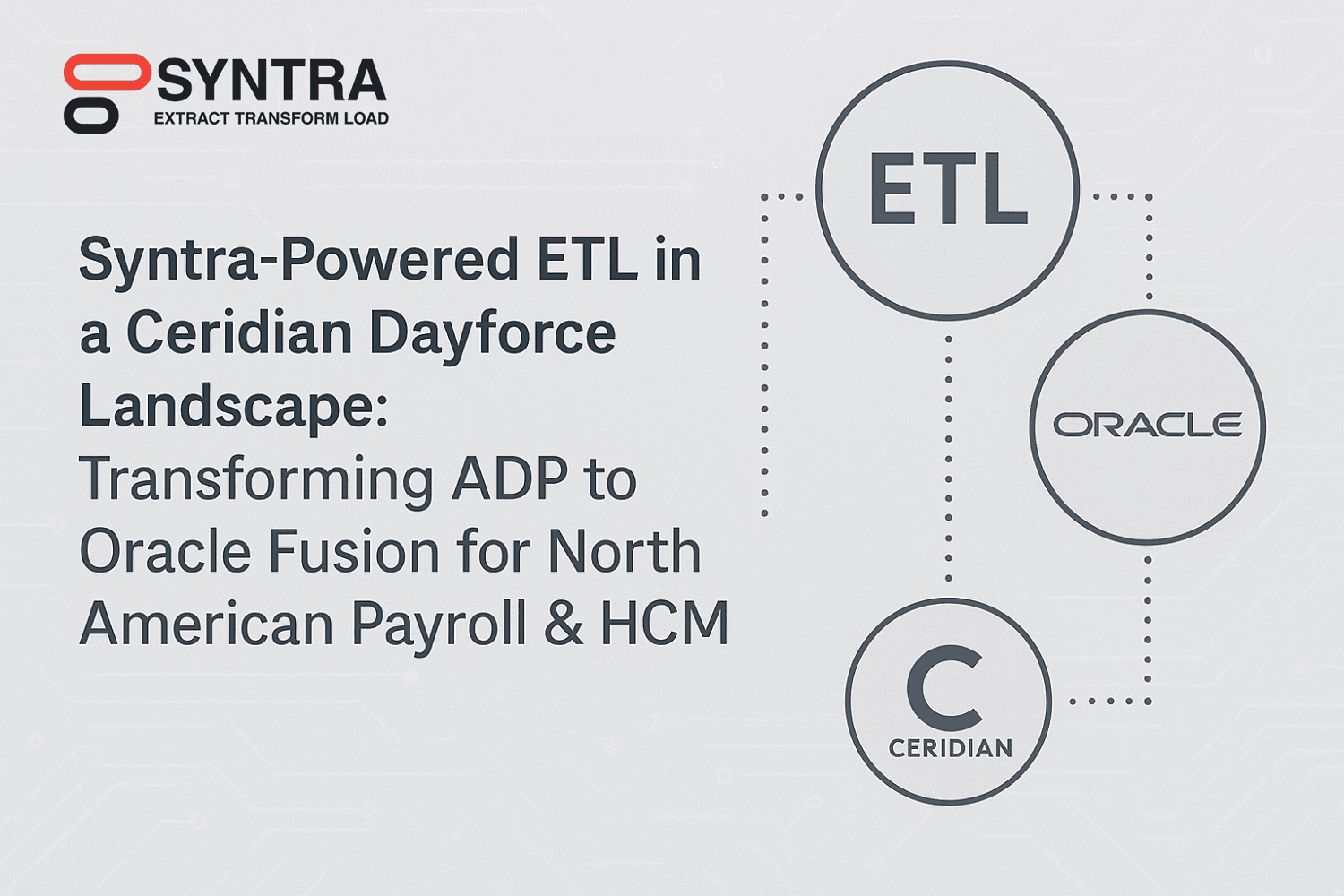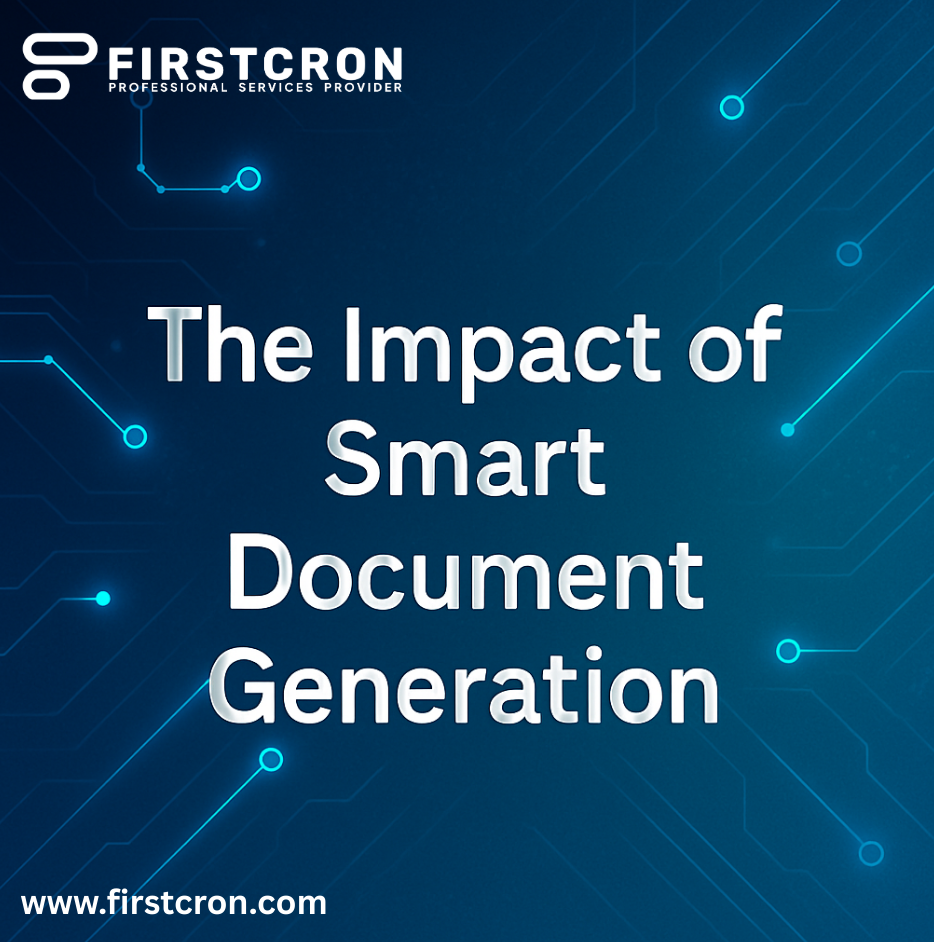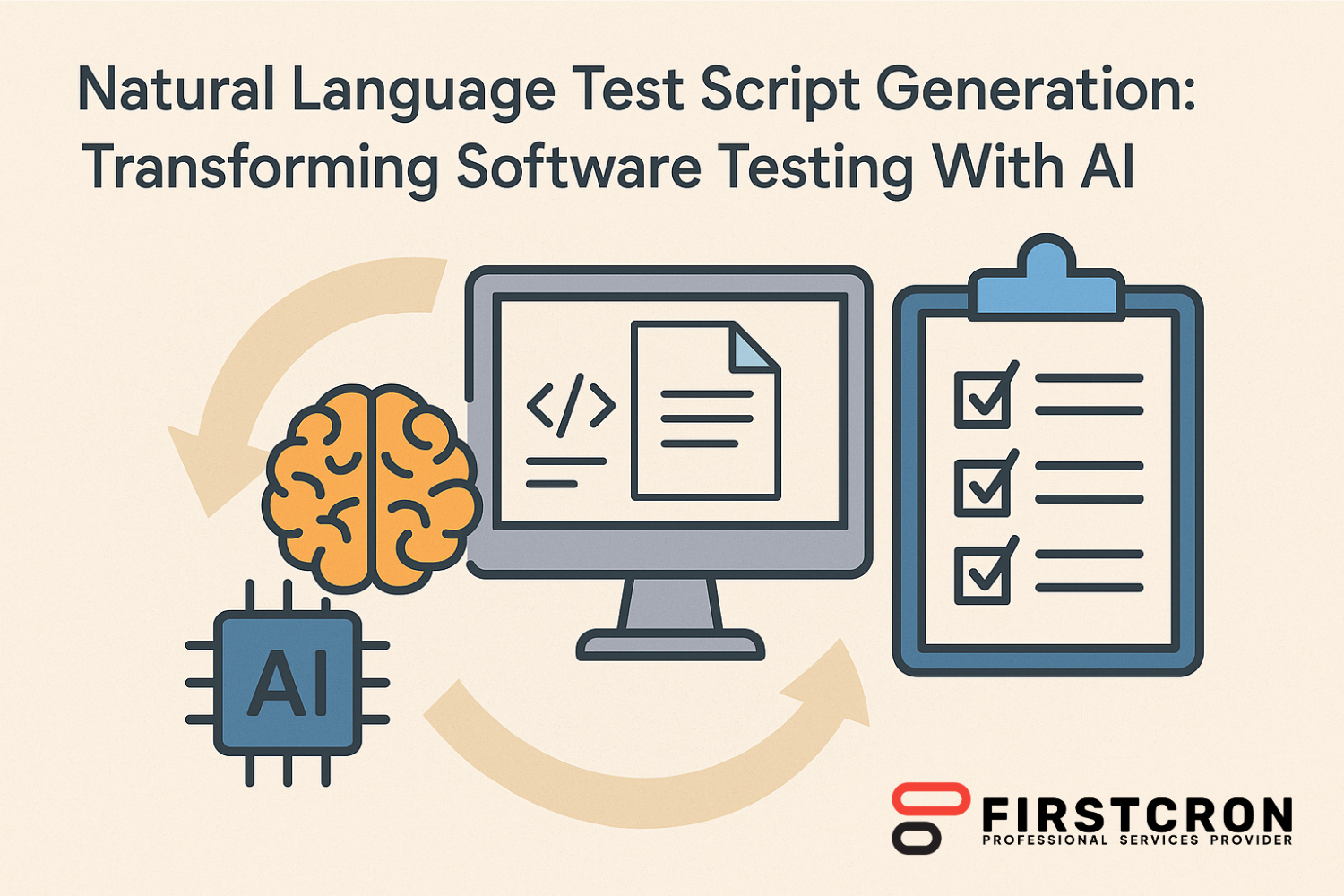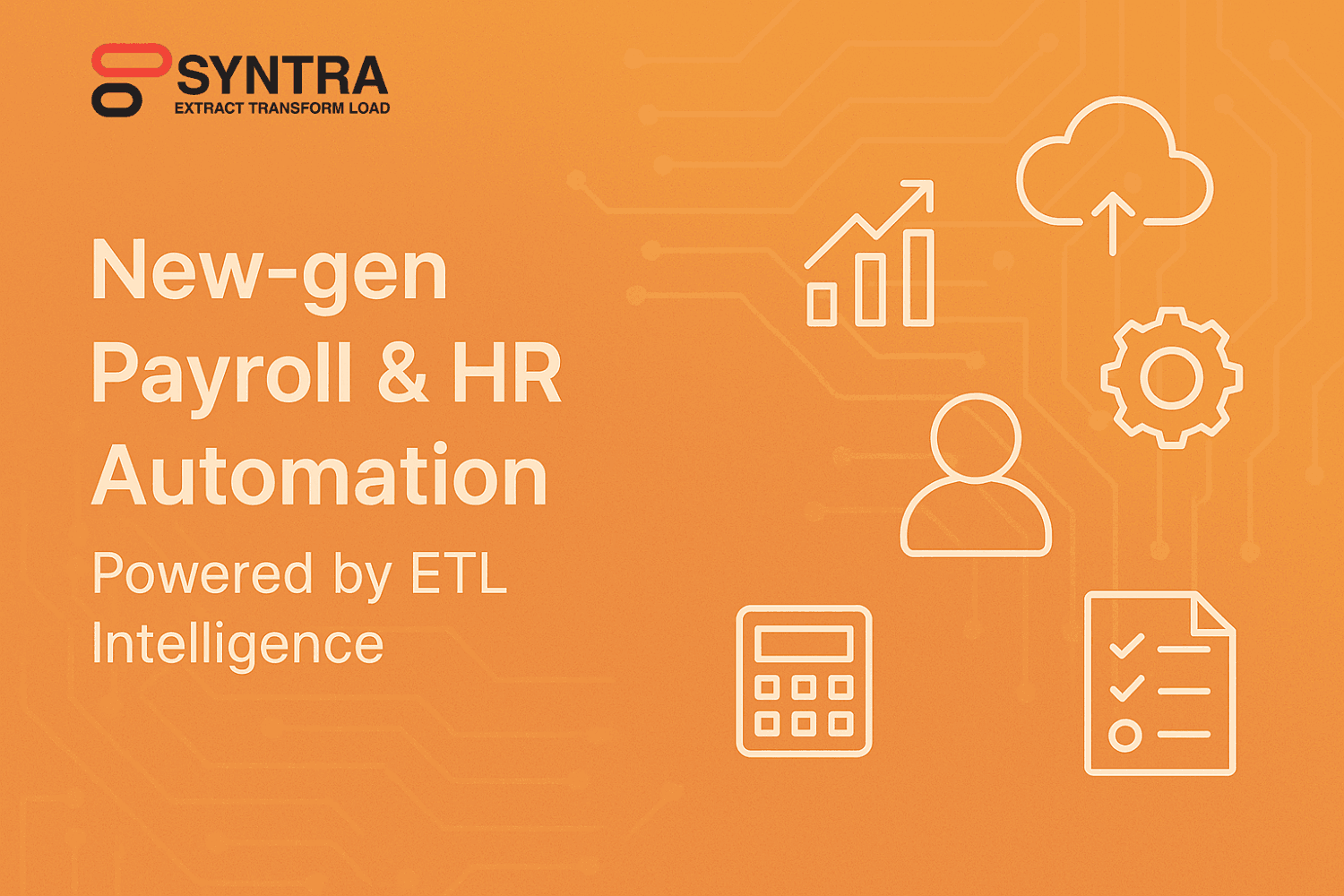
Organizations today are under increasing pressure to modernize payroll and human capital processes without disrupting ongoing operations. Traditional payroll systems served their purpose when workforces were smaller and operational frameworks were largely static. However, the current business landscape demands adaptability, precision and real-time synchronization across multiple enterprise platforms. This transition from legacy handling to digital-first management marks the rise of new-generation payroll and HR automation. At the core of this transformation lies one essential capability — seamless movement and restructuring of employee and payroll data. This is precisely where Syntra, a dedicated Extract Transform Load engine, stands apart as the backbone for intelligent automation.
In this blog we’ll cover
- Why ETL Is Now A Strategic Business Layer
- Syntra As The Transformation Engine Behind Automation
- Enabling Enterprise Readiness With Structured Outputs
- Business Gains Beyond Migration
- Governance And Security As Foundational Principles
- A Catalyst For Scalable Workforce Operations
- Strategic Business Benefits Delivered By A Single ETL Core
- Securing Governance Across The Data Journey
- Driving Scalable Workforce Expansion
- Preparing For Intelligence-Driven HR
- Conclusion
Why ETL Is Now A Strategic Business Layer
Extracting payroll and HR data from one system and repurposing it for another sounds simple on the surface, yet in practical terms it remains one of the greatest obstacles for digital transformation initiatives. In many organizations data from payroll providers such as ADP is exported manually through flat files. These files then undergo spreadsheet corrections for field mismatches, code restructuring or unit adjustments before being submitted to enterprise platforms like Oracle Fusion. Such operations often involve multiple teams, endless review cycles and substantial dependency on individuals. The outcome is bottlenecked automation and a compliance risk in cases of mishandled information. Syntra redefines this workflow by institutionalizing ETL as an automated, secure and auditable function rather than an improvised manual activity.
Syntra As The Transformation Engine Behind Automation
Syntra is designed to understand the natural structure of payroll and HR datasets. It connects with ADP environments, extracts employee master records, job and position attributes, compensation elements, time and leave balances and classification codes. Rather than forwarding raw exports it organizes data into standardized buckets and pre-classifies attributes based on Oracle Fusion expectations. In doing so it removes the uncertainty associated with traditional migration efforts. The key strength of Syntra lies in its transformation layer which allows configurable rules to clean, reformat, align and map data in real time. Status codes may be translated into lifecycle definitions, deduction codes may be converted into Fusion payroll elements and leave units may be recalculated into the prescribed format. The system does not merely move data — it repurposes it with intelligence.
Enabling Enterprise Readiness With Structured Outputs
Automation inside payroll and HR is only as strong as the accuracy of ingested data. Oracle Fusion expects imports to comply with strict object and attribute hierarchies. When uploads fail because of unrecognized values or misaligned relationships the reconciliation workload intensifies. Syntra resolves this by generating output files and payloads that directly match HCM Data Loader or Payroll Batch Loader formats. The loading stage becomes reliable and repeatable. IT teams no longer need to design intermediary scripts or custom connectors for every scenario. Instead the ETL engine consistently delivers ready-to-ingest inputs, helping HR operations stay ahead of schedule during deployment or synchronization periods.
Business Gains Beyond Migration
Although ETL is commonly associated with data migration, the advantages extend far beyond initial cutover. Many businesses choose to retain payroll on ADP while running broader HR and financial operations on Oracle Fusion. This dual-model architecture demands continuous harmonization. Syntra enables scheduled syncs that extract and transform only incremental changes, ensuring that new hires, terminations or compensation adjustments remain aligned across systems without human intervention. The platform thereby shifts ETL from a one-time exercise to a permanent accelerator of enterprise coherence.
Governance And Security As Foundational Principles
Compliance remains non-negotiable in HR and payroll environments. Any technology deployed in this space must govern access, preserve data lineage and document transformation logic. Syntra is architected with enterprise governance in mind. Every job run is logged, every rule applied is versioned and only authorized personnel can configure or trigger pipelines. This structure protects both operational efficiency and regulatory posture. Teams can demonstrate exactly how employee data moved from one platform to another and verify each decision applied during conversion. That level of accountability is essential when preparing for audits or legal reviews.
A Catalyst For Scalable Workforce Operations
As organizations expand across regions, lines of business or contractual structures, payroll and HR data diversifies rapidly. Job grades may differ by geography, allowance structures may evolve with corporate policy and tax definitions may follow region-specific legislation. Conventional integrations fail when they cannot adapt to such changes. Syntra provides reusable transformation templates for each entity or rule, allowing businesses to scale without rebuilding integrations from scratch. ETL becomes a scalable asset rather than a recurring constraint.
Strategic Business Benefits Delivered By A Single ETL Core
With Syntra powering ETL, organizations gain:
- Reduced manual intervention through automated translation of employee status, compensation codes, and balance units
- Consistent alignment between ADP and Oracle Fusion, even during phased transitions or hybrid operations
Securing Governance Across The Data Journey
Compliance remains central to payroll and HR operations. Syntra embeds governance through access control, audit trails, and version tracking. Every transformation rule applied to employee data is recorded. Each execution is logged for review. This eliminates the uncertainty that typically surrounds spreadsheet-driven workflows. Payroll leaders can respond with confidence during audits or executive reviews, showing not only where data moved but how it evolved.
Driving Scalable Workforce Expansion
ETL is no longer a migration tool — it is a long-term scalability enabler. As companies expand into new regions or shift compensation structures, they need integration rules that can evolve without rebuilding from zero. Syntra allows organizations to maintain different transformation templates for different entities, business units, or policy variations. This flexibility ensures automation remains intact even as the operating environment changes.
Preparing For Intelligence-Driven HR
Artificial intelligence, workforce analytics, and predictive planning tools all depend on structured and accurate data. Without ETL discipline at the foundation, these technologies cannot function reliably. Syntra enables organizations to future-proof their payroll and HR stack by ensuring clean, standardized, and synchronized data flows across platforms. It becomes the silent engine powering smarter insights and proactive decision-making.
Conclusion
New-gen payroll and HR automation is not defined by dashboards or portals. It is defined by the integrity of data beneath every calculation, approval, and workflow. Extract Transform Load is the operational core that ensures every system speaks a consistent language. Syntra delivers this intelligence with enterprise discipline and SMB agility. Whether migrating from ADP to Oracle Fusion or sustaining hybrid coexistence, Syntra transforms automation from aspiration to guarantee. Payroll and HR no longer need to chase accuracy — they can operate with certainty from day one.
Tags
Related Post
Navigating Oracle Fusion HCM & Payroll Patch 25C: Key Issues And Solutions For UK Local Councils
July 26th, 2025 10 min read
7 Reasons Why Companies Are Moving From Taleo To Oracle Recruiting Cloud
June 2nd, 2025 14 min read
7 Proven Oracle Fusion Testing Principles To Guarantee Defect-Free Cloud Deployments
May 16th, 2025 15 min read
Navigating Oracle Fusion HCM & Payroll Patch 25A: Key Considerations For UK Local Councils
July 27th, 2025 10 min read
Driving Compliance And Security With Smart Testing In Oracle Fusion
June 5th, 2025 9 min read
WEEKEND READS
Learning And Talent Management With Cornerstone OnDemand
October 10th, 2025 17 min read
Smart Onboarding Journeys With AI: Personalized Employee Integration Through Oracle HCM Core And Learning
September 13th, 2025 21 min read
UKG (Ultimate/Kronos) — USA And Global, Legacy-to-Modern Workforce Management
October 5th, 2025 23 min read
Voice-to-Action In Oracle HCM: Transforming HR Queries Into Intelligent Actions With GenAI
September 5th, 2025 23 min read
Automating Payslip Anomaly Detection With Natural Language Insights In Oracle ERP For The Public Sector
August 27th, 2025 24 min read
Transforming HR And Payroll Support With A GenAI-Powered Self-Service Assistant In Oracle ERP
August 26th, 2025 21 min read
Localized HR Policy Explainers: How GenAI Translates Oracle Policies Into Plain Language
September 12th, 2025 15 min read
Syntra-Powered ETL In A Ceridian Dayforce Landscape: Transforming ADP To Oracle Fusion For North American Payroll & HCM
October 4th, 2025 20 min read
Transforming HR Efficiency With Smart Document Generation In Oracle ERP
August 30th, 2025 17 min read
Natural Language Test Script Generation: Transforming Software Testing With AI
September 11th, 2025 24 min read






